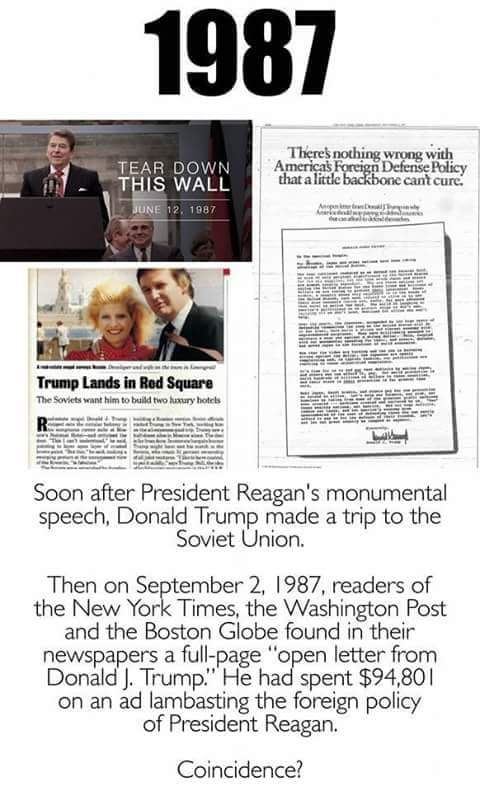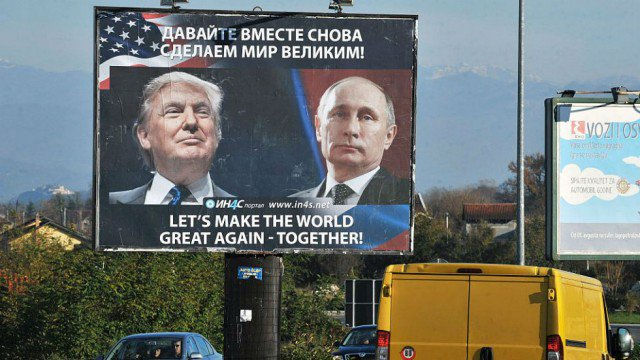Could Russia's War Against Ukraine Bring Americans More Together?
- Howie Klein

- Mar 3, 2022
- 5 min read

Putin's regime, which claims-- for domestic consumption-- that its war against "neo-Nazis" in Ukraine is going swimmingly, is blocking access to foreign news coverage of the war, including Facebook and Twitter but not Google Maps (yet). They are even cracking down-- hard-- on domestic media that dares report anything divergent from the Putin line. Today, the Moscow Times reported that "Russia’s iconic liberal radio station Ekho Moskvy (Echo of Moscow) has been wound up after falling afoul of Russia’s censorship of coverage of the war in Ukraine. Ekho’s board of directors voted to liquidate the station after Russia’s state censorship watchdog ordered its website blocked for spreading 'deliberately false information about the actions of Russian military personnel' as well as 'information calling for extremist activity' and 'violence.' The station's broadcast was halted soon after. The watchdog, Roskomnadzor, had previously instructed outlets covering the war in Ukraine to use only official Defense Ministry information, and banned words like 'invasion,' 'war' and 'offensive' in favor of Russia’s preferred 'special operation.'"
AP reported today that a top Russian general, Andrei Sukhovetsky, the commanding general of the Russian 7th Airborne Division, was killed in fighting in Ukraine earlier this week, but refuse to say how he was killed. And the Ukrainians keep fighting to hold back the Russians. The massive 40 mile long Russian convoy outside Kyiv has still been unable to make any headway for the third day.
Yesterday, Atlantic columnist Peter Wehner wrote that Ukrainians are shaking America out of its cynicism and that "the human virtues being displayed in a terrible human drama have changed public opinion... [W]hat is happening right now in Ukraine-- a nation being mauled by a brutal regime yet still willing to stand and to fight-- is proof that honor and courage matter. They can stir hearts in powerful ways, shaking them out of complacency and even cynicism."
“Russia’s invasion of Ukraine is a humanitarian crisis,” Colbert said, “but also it is a triumph of humanity, because despite all of Russia’s military prowess, the ordinary people of Ukraine will not back down or bow down, and the war in Ukraine isn’t working out the way Russia intended.”
The crowd erupted in cheers even before Colbert finished his sentence. The same thing happened when a picture of Zelensky appeared: The audience burst into a thunderous ovation. A video of Zelenksy saying “Glory to our allies, glory to Ukraine” was also met with rapturous applause. Colbert was moved by what he had seen; so was America, and so was much of the world.
Last Wednesday evening, I received an email from someone I know who is intimately familiar with the world of right-wing radio; he was asking if we could chat, because he was flummoxed by Republicans who were not just failing to defend Ukraine but actually praising Vladimir Putin.
This individual, who requested not to be named in order to speak candidly, told me that many of the people who listen to talk radio weren’t inclined to defend Ukraine; it wasn’t in America’s national interest, and there was no real attachment to a nation in Eastern Europe that very few knew anything about. This attitude was reflected in what J. D. Vance, the author of Hillbilly Elegy and a Republican running for the U.S. Senate in Ohio, recently told Steve Bannon: “I gotta be honest with you, I don’t really care what happens to Ukraine one way or another.” The isolationist impulses of Donald Trump clearly have had an effect.
But earlier this week, this person emailed me again to say that attitudes on the right were shifting rapidly in favor of Ukraine, to the point that some were now calling for American military action to defend it. Vance noticed the shift and reversed course, calling Russia’s invasion “unquestionably a tragedy” and decrying the slaughter of innocents.
The powerful reaction shared by both Colbert’s liberal-leaning audience and listeners of right-wing radio wasn’t driven by carefully constructed arguments for pursuing engagement over isolationism, nor by the realization that Russia’s invasion of Ukraine was also an attack on the rules-based international order. Instead, what drove support for Ukraine were the human virtues being displayed in a terrible human drama. It was seeing ordinary people-- including the young and the elderly-- act in extraordinary ways to defend the country they love, against overwhelming odds. It was seeing people do the right thing at the risk of death when nearly every instinct within them must have been screaming: Do what you have to do to survive, even if survival, though not dishonorable, is less honorable.
“For it is only the love of honor that never grows old,” Pericles said after the first battles of the Peloponnesian War, “and honor it is, not gain, as some would have it, that rejoices the heart of age and helplessness.”
Whatever fate awaits them-- and right now the Russians are laying siege to cities that are home to millions-- the people and the president of Ukraine have shown that love of honor never grows old, even to a world that is sometimes indifferent, weary, and cynical.
“Today you, Ukrainians, are a symbol of invincibility,” Zelensky told his people today. “A symbol that people in any country can become the best people on Earth at any moment.”
God bless them.
A day earlier, Russell Berman wrote, also for The Atlantic, that Putin United America. Berman wrote that although "some Republicans have criticized the speed at which Biden has imposed sanctions on Russia and sent arms to Ukraine, and others on the right, such as Tucker Carlson and the Senate candidate from Ohio J. D. Vance, have suggested that the U.S. shouldn’t bother helping Ukraine at all," polling shows that the overwhelming majority of Americans-- and even Republicans-- approve of the way Biden is handling this-- strong sanctions and no U.S. troops. "Biden," he wrote "has drawn some praise from Republicans for his handling of the Ukraine crisis, particularly the president’s decision to declassify intelligence as a way of warning the world about Putin’s plans to invade and spoiling his attempts to use propaganda and subterfuge to justify the attack. 'That was a very wise move,' Senator Mitt Romney of Utah told my colleague McKay Coppins over the weekend. [Oklahoma Republican Rep. Tom] Cole told me that when, during a classified briefing before the invasion, officials described the declassification strategy, the lawmakers broke out in spontaneous, bipartisan applause."
Yet the bulk of the credit for uniting both NATO and the American public in support of Ukraine has gone not to Biden’s leadership but to Putin’s aggression. “Remarkably what he’s been able to do is unify the vast majority of us in the Senate, Democrats and Republicans alike,” Democratic Senator Mark Warner of Virginia said of the Russian president on Sunday during a joint appearance on Meet the Press with Senator Rob Portman, an Ohio Republican.
So far, support for Biden’s economic-but-not-military response to the Russian invasion has not translated into approval of the president’s handling of the crisis or trust in his leadership.

The Republican midterm strategy is to denigrate everything that Biden says or does (or even doesn't say or do) and they have all been-- until now-- completely unrelenting and disciplined. Russia could nuke the Pentagon and crackpots like Traitor Greene, Cawthorn, Gaetz, Boebert and that crew wouldn't ever change their tune, but let's watch and see what happens to the GOP strategy among mainstream conservatives in coming days.








"mainstream conservatives" are democraps. the other party are nazis. and they worship trump as a deity. If their deity loves putin, THEY will love putin with equal or greater fervor.
In my crimson enclave shithole, I see nothing but admiration for putin. A grudging admiration for Ukraine is NOT inconsistent with a religious fervor for its attackers.